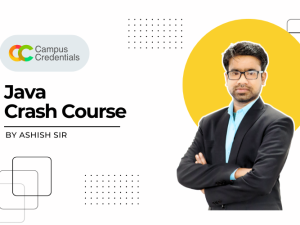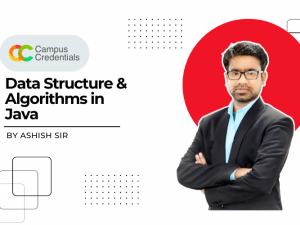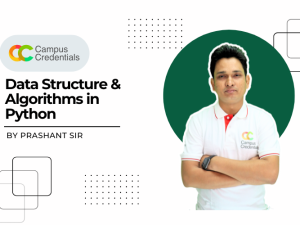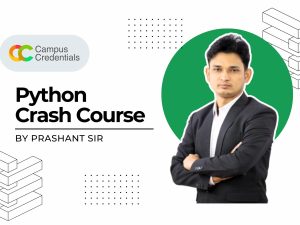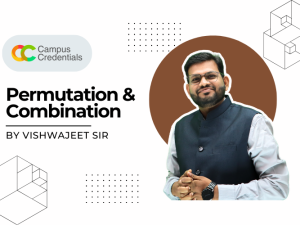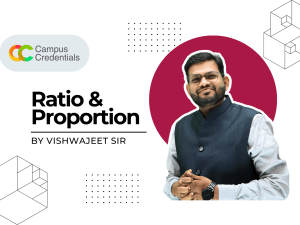Advance SQL Techniques By Prashant Sir
- Description
- Curriculum
- FAQ
- Reviews
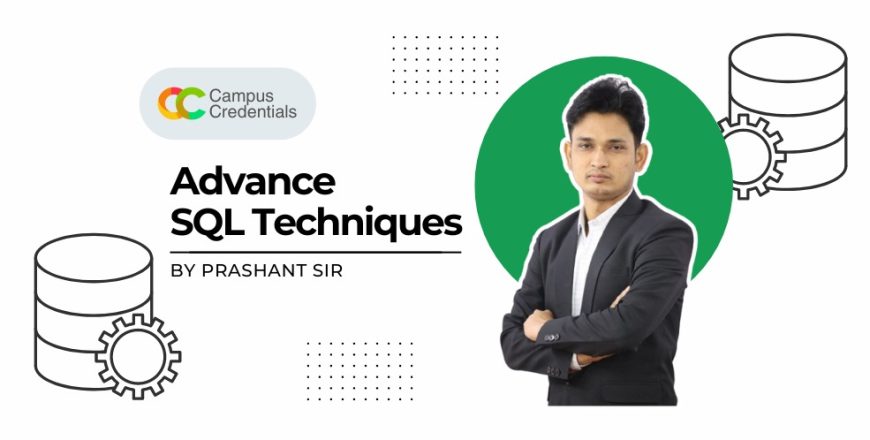
Description:
Welcome to the Advance SQL Techniques by Prashant Sir, your first step into the world of database management and querying! Advanced Learning SQL Techniques in learning SQL are the target audience for this course. You will gain a solid foundation for further investigation in the field of data management by learning the principles of the SQL language through a series of structured lessons and practical activities.
What You Will Achieve:
Grasp the Basics: Gain a thorough understanding of fundamental ideas of database management, such as SQL syntax, querying data, modifying data, and creating database structures.
Develop Problem-Solving Skills: Take on basic SQL tasks and challenges to hone your problem-solving skills in data retrieval and manipulation.
Write Simple Programs:Develop the confidence to write and execute basic SQL queries that retrieve, update, and delete data from databases.
Understand Program Structure: Discover the fundamentals of database design and organization, including tables, relationships, keys, and constraints.
Become acquainted with debugging: Learn how to debug SQL queries so that you can identify and correct common mistakes and optimize query performance.
What You’ll Learn:
Introduction to SQL: Understand the history and significance of Structured Query Language (SQL) in database management. Set up your SQL environment and execute your first query.
Data retrieval: Learn how to use SELECT statements to retrieve data from single or multiple tables, apply filtering conditions, and sort query results.
Data modifications: Explore INSERT, UPDATE, and DELETE statements to modify data within existing database tables.
Database design : Understand the concept of database design, including creating and managing tables, defining relationships, and implementing constraints.
Joins and subqueries: Dive into advanced querying techniques such as joins to combine data from multiple tables and subqueries to perform nested queries and calculations.
Indexing and Optimization: ELearn about indexing strategies to improve query performance and optimize database operations.
Who This Course Is For:
Novices without Any Past Experience: Individuals who are new to database management and eager to learn the fundamentals of SQL from scratch.
Students Pursuing Computer Science or Related Fields: Undergraduate or graduate students enrolled in computer science, data science, or related programs who seek supplementary learning resources to reinforce their academic studies in database management.
Career Switchers: Professionals from non-technical backgrounds who aspire to transition into data management or database administration roles and require comprehensive training to kickstart their new careers.
Self-taught Programmers: Individuals who have already dabbled in SQL through self-study or online tutorials and now seek structured guidance to deepen their understanding and fill in any knowledge gaps.
Junior Developers: Entry-level programmers who have some basic experience with SQL but wish to expand their skill set and improve their proficiency in database querying and management.
Our Instructor
Mr. Prashant Sir
Experienced instructor with a deep understanding of programming and SQL. Has worked extensively in both academic and corporate settings, delivering high-quality training sessions. Specializes in simplifying complex logic and problem-solving techniques for students. Dedicated to helping learners grasp core programming concepts with ease. Proficient in guiding students through competitive programming and technical interview preparation.
Resources
For more such resources and Practise Interview Questions references, do visit MySQL Notes by Career Credentials and SQL Notes by Career Credentials
Prepare yourself to delve into our resource portal, Prepcrazy featuring programming notes, informative books, interview question sets, coding platforms, and much more. Feel free to explore it whenever you can.
-
1Introduction of SQL
-
2SQL Datatypes
-
3What is Data?
-
4Database in SQL
-
5SQL File System
-
6What is Database Management System?
-
7SQL RDBMS
-
8What is SQL?
-
9SQL Commands in Database
-
10SQL Terminologies
-
11MySQL Installation
-
12Create Table in Database
-
13How to Drop Table from Database
-
14Add a New Column using Alter Command
-
15Modify and Drop using the Alter commands
-
16MySQL Commands -Truncate
-
17DML Introduction
-
18MySQL Commands-Insert
-
19MySQL Command- Update
-
20MySQL Command - Update Query Practice
-
21MySQL - Delete Command
-
22Data Query language (DQL): Select command in MySQL
-
23Transaction Control language (TCL): COMMIT, SAVEPOINT, ROLLBACK Command
-
24SQL Operators: Arithmetic and Comparison Operators
-
25SQL Operators: Logical Operators
-
26SQL aggregate functions: COUNT () function
-
27SQL aggregate Function: SUM () function
-
28SQL aggregate Function: AVG () function
-
29SQL aggregate Function: MIN() and MAX()
-
30Mathematical Functions in MySQL
-
31String functions in MySQL
-
32ORDER BY clause used in ascending order in SQL
-
33ORDER BY clause used in descending order in SQL
-
34ORDER BY clause using a several columns in SQL
-
35GROUP BY Clause used in SQL
-
36HAVING Clause in SQL
-
37SQL predicates
-
38Introduction to Integrity Constraints in SQL
-
39Application of the NOT NULL Constraint in SQL
-
40The DEFAULT Constraint in SQL
-
41Introduction to PRIMARY KEY vs FOREIGN KEY in SQL
-
42Practical Use of the PRIMARY KEY
-
43Practical Use of the FOREIGN KEY
-
44The UNIQUE Constraint
-
45The CHECK Constrain
-
46The INDEX Constraint
-
47Practice the command in MySQL - Part 1
-
48Practice the command in MySQL - Part 2
-
49Practice the command in MySQL - Part 3
-
50Practice the command in MySQL - 4
-
51Insert a record in primary key and foreign key tables in MySQL
-
52Introduction to MySQL JOINS
-
53INNER JOIN in MySQL
-
54LEFT JOIN in MySQL
-
55RIGHT JOIN in MySQL

